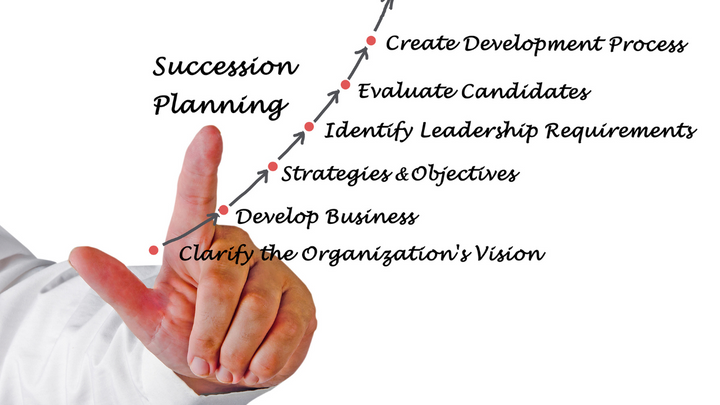How to Make Smart Decisions for You, Your Team, and Your Business

Originally published here
Isn’t this the most important role for managers?
Making good decisions is essential for any individual, team, or business. However, making smart decisions is not always easy. This blog post will discuss how to make sound decisions that benefit everyone involved. We’ll go through how to connect decisions to strategy, how to use logic and reasoning, when and why to make timely choices, and choosing which alternative is the best. Decision-making can be complex, but following these guidelines will help you make the best choices for yourself, your team, and your business!
1. Define clear goals for the decision
Before making any decisions, you need to establish what your goals are. What do you hope to achieve with this decision? Once you have a clear goal in mind, you can start to narrow down your options. Keep your goals realistic and achievable, and ensure they align with your business’s overall strategy.
If you’re part of a team, getting everyone on board with the decision-making process is important. Make sure everyone understands the goals and objectives of the decision, and solicit input from all team members. The more buy-in there is from the team, the easier it will be to implement the decision and move forward together.
Once you have defined your goals, it’s time to start thinking about how to achieve them.
Stoic Philosophy’s 4 Virtues and Why They’re Important for Me to See in a Leader
2. Using logic and reasoning
There are a few different ways to approach decision-making, but one of the most important is to use logic and reasoning. Look at all available information and data, and identify any patterns or trends. This will help you understand the situation better and make more informed decisions.
What are your criteria for making a decision? What are your goals? What are the risks and potential rewards? Weighing all of these factors will help you make more logical, timely decisions.
Another reason why using logic and reasoning is important is that it can help you get the buy-in from others. If you can explain your decision-making process and why you came to a particular conclusion, it will be easier to get others on board.
3. Being timely
Another critical aspect of making smart decisions is being timely. It can be too late if you wait too long to decide. Conversely, if you decide too quickly, you may not have all the necessary information.
The goal is to find that sweet spot in the middle where you have enough information to make an informed decision, but you’re not waiting so long that it’s no longer relevant.
This can be tricky, but it’s important to strike the right balance. In some cases, you may need to move forward with a decision before you have all the information you want; in others, you may need to take more time to gather data and analyze your options. If you are a decision-maker for your team, it is important to remember that you set the tone for how quickly decisions need to be made.
If you’re struggling with making timely decisions, it can help to set a deadline for yourself. Once you have all the necessary information, force yourself to decide by a specific date. This will help prevent you from procrastinating and will help you stay on track.
4. Data-informed decision
When making decisions, it’s important to be data-informed rather than data-driven. This means that you should use data to inform your decisions but not let it dictate them. Data is a valuable tool that can help you understand the situation and make more informed decisions. However, it would help if you also considered other factors, such as your goals, objectives, and criteria.
Relying too heavily on data can lead to suboptimal decisions. The goal is to find the right balance between using data and other factors to make the best decision for you, your team, and your business.
Decision-making is an important process for both individuals and businesses. In order to make smart decisions, you need to have a clear goal in mind, use logic and reasoning, and consider the data at hand. Making timely decisions is essential for success, so don’t hesitate to act when you have all the information you need. Decision-making can be challenging, but following these tips will help you make wise choices that benefit you, your team, and your business.



Comments ()